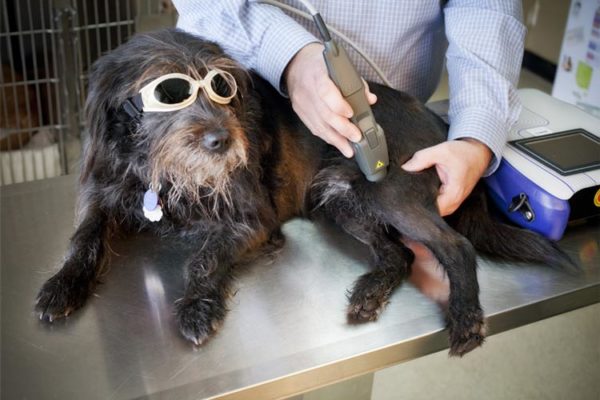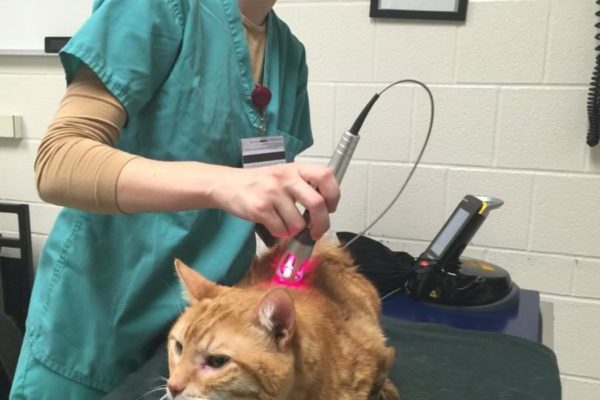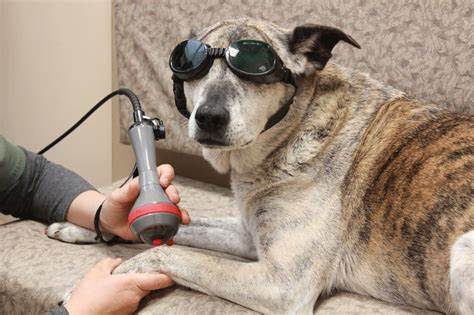Laser therapy uses light to accelerate the body’s natural healing processes. The laser beam is moved over the skin so that the light energy (photons) penetrates the tissue where it interacts with various molecules (chromophores) that cause different biological effects. It produces a photochemical, photothermal and photomechanical effect.
The energy from laser light interacts with tissue, generating biological effects:
PRIMARY BIOLOGICAL EFFECTSPhotochemical Effect
Photochemical Effect (FASTER HEALING)
Direct transfer of energy to the biological sublayers (endogenous or exogenic chromophores).
- Enzymatic activation
- Increase in ATP production
- Modulation of cellular metabolism
- Effect on pain perception threshold
Photothermal Effect (FASTER HEALING)
Photothermic interaction is based on the conversion of option radiation into thermal energy which, at a microscopic level, occurs through the inelastic encounter between excited molecules following the absorption of photons.
- Increase in circulation
- Increased supply of oxygen and nutrients
Photomechanical Effect (FASTER HEALING)
The absorption of energy involves the formation of mechanical waves.
- Production of an extracellular matrix (important in tissue repair & regeneration)
- Acceleration of lymphatic peristalsis
- Re-absorption of edemas
- Reactivation of microcirculation
Effects on Cells (FASTER HEALING)
- Increase in ATP synthesis
- Increase in the production of RNA
- Increase in cellular proliferation
- Induction of differentiation processes
- Release of growth factors (fibroblasts) and other substances
- Increase in the production of molecules of the extracellular matrix (fibroblasts & chondrocytes)
Effects on Tissue (FASTER HEALING)
- Modulation of the inflammatory processes
- Re-modeling of the extracellular matrix
- Induction of lymphatic and vascular regeneration
- Stimulation of the endothelial function
- Reduction of the edema re-absorption times
- Prevention against the formation of scar tissue and hyperkeratosic lesions
Systemic Effects
Analgesic effect:
- Blocking of pain stimulus conduction
- Hyperemia and “wash out” of the algogenic substances
- Increase in endorphin synthesis
- Pain threshold modulation
Anti-inflammatory and anti-edema effect:
- Increase in the caliber and modulation of lymphatic and capillary vessel permeability
- Hyperemia and “wash out” of the pro-inflammatory molecules
Biostimulating effect:
- Increase in the supply of nutrients, oxygen and growth factors
- Cellular function activation
- Modulation of cell proliferation and differentiation (e.g., nerve regeneration)
- Increase of matrix protein synthesis
- Reduction of scar tissue formation
Sterilizing and anti-microbial effect:
- laser light can destroy bacteria, fungal organisms, and viruses
- non-pharmacological method of eliminating infection
- a way to reduce antibiotic resisstance
At Byron Animal Clinic, we use soft tissue laser to treat wounds, allergic rashes, ear infections (including stenotic canals), dental extraction sites, surgical incisions, as well as acute and chronic musculoskeletal pain like cruciate ligament injury or arthritis.
Please call (519) 472-3770 now to inquire about or book soft tissue laser treatment for your pet.








